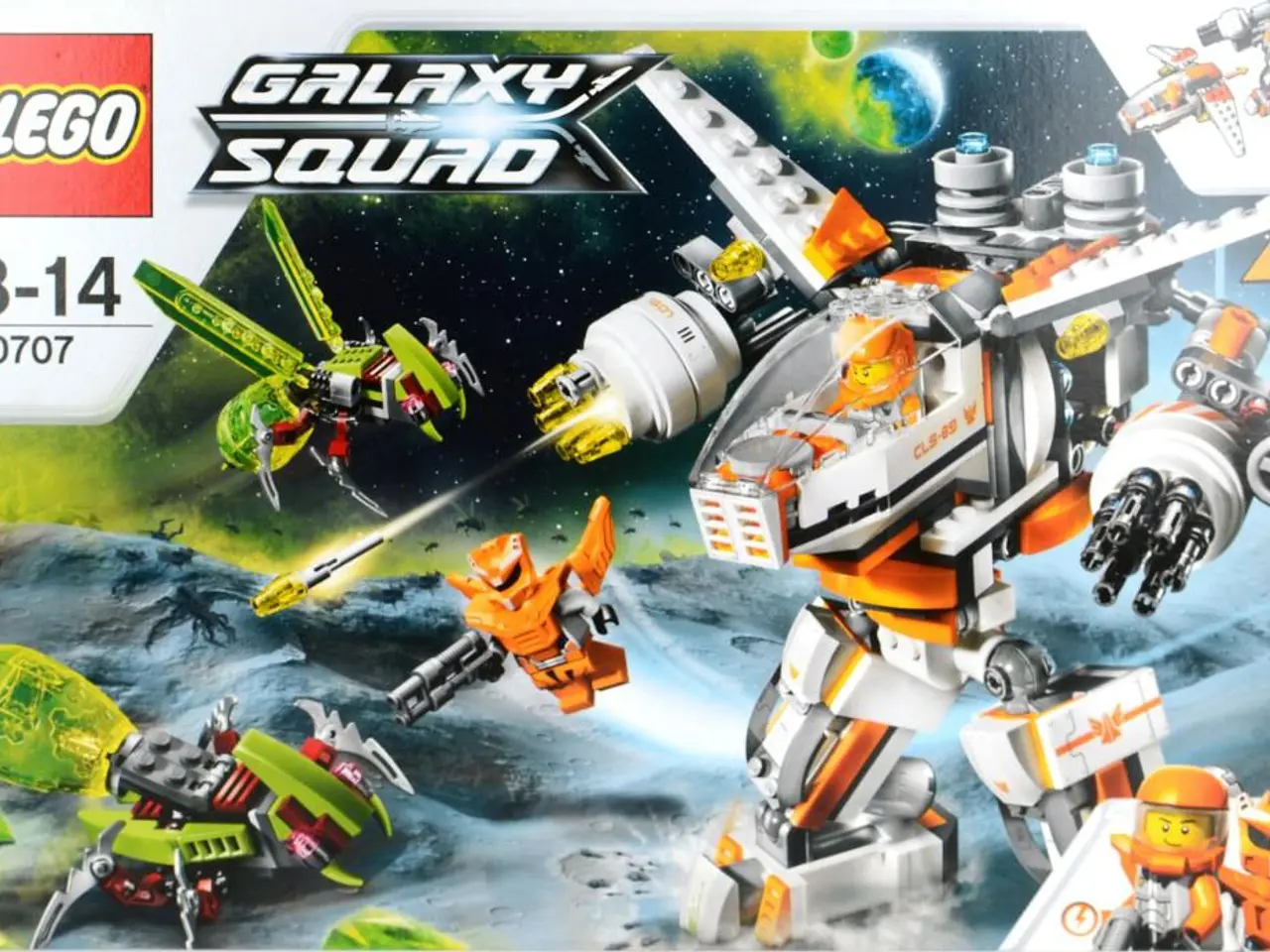Daily prompts count for ChatGPT unveiled by OpenAI - the figure is substantial
ChatGPT, the conversational AI developed by OpenAI, has rapidly become an integral part of the online experience, handling over 2.5 billion user prompts daily worldwide [1]. This rapid adoption has made it a key example of how AI is transforming digital lives.
While ChatGPT faces competition from tech giants like Google, Microsoft, and Meta, as well as startups, it stands out for its unique approach to digital interaction. Unlike Google Search, which primarily provides links to external, authoritative sources, ChatGPT is designed to generate synthesized, context-aware responses and often acts as a guide for decision-making or task execution [2][3].
Users of ChatGPT do not typically reduce their Google Search usage; instead, their total search and information behavior expands. People use both tools for different purposes—Google for in-depth research, ChatGPT for immediate help and decision-making [1]. This shift towards AI-driven assistance reflects a broader trend, potentially transforming user expectations from search engines towards interactive, task-completing AI agents [3].
The technology behind ChatGPT is reshaping how we interact with information online. It acts not just as an information finder, but also as a collaborative productivity tool, helping users carry out tasks, automate workflows, conduct deep research, provide tutoring, and more [6].
Recently, some generative-AI firms have begun licensing deals with publishers, artists, and rights holders to address copyright concerns [7]. Approximately 330 million prompts come from U.S.-based users alone, with ChatGPT processing over 1.7 million prompts every minute and 29,000 every second [1].
As the AI landscape continues to evolve, generative-AI firms are investing heavily in AI productivity tools to gain an advantage. This competition promises to further shape how we engage with digital information and tools in our daily lives.
However, it's important to note that while ChatGPT provides valuable assistance, it's not infallible. A medical journal recently claimed that ChatGPT's advice influenced a man into psychosis [4]. This underscores the need for caution and critical thinking when using such tools.
In summary, ChatGPT is a game-changer in the digital world, offering a different mode of interaction that favors actionable advice and synthesized explanation. Its growing presence is reshaping how people engage with digital information and tools in their daily lives, with implications for content and marketing strategies, digital interaction patterns, and even the very nature of search engines.
Artificial intelligence, through ChatGPT's technology, is significantly altering the way people interact with digital information, serving not only as an information finder but also as a collaborative productivity tool. This artificial-intelligence-driven assistance is expanding users' overall search and information behavior, potentially transforming user expectations from traditional search engines towards interactive, task-completing AI agents.




